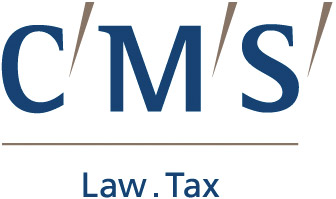
Caitlin Heard and Gareth Morgan highlight recent cases involving patent disputes to put the case forward for the UK as a key centre for patent litigation
Reflecting on the past 12 months of patent litigation, it is apparent that the tools available to litigants are changing. There is an increasing shift away from the traditional war of attrition that has come to be the norm in multijurisdictional patent disputes, towards more focused and targeted claims, as courts in Europe are increasingly willing to consider international issues and give judgments that have extra-territorial effect.










